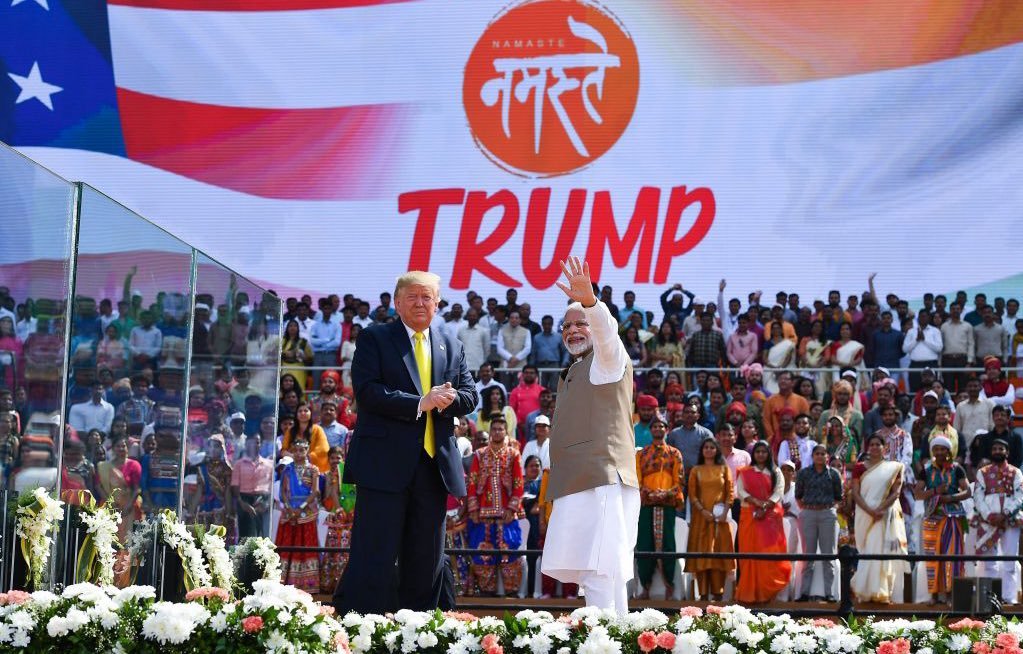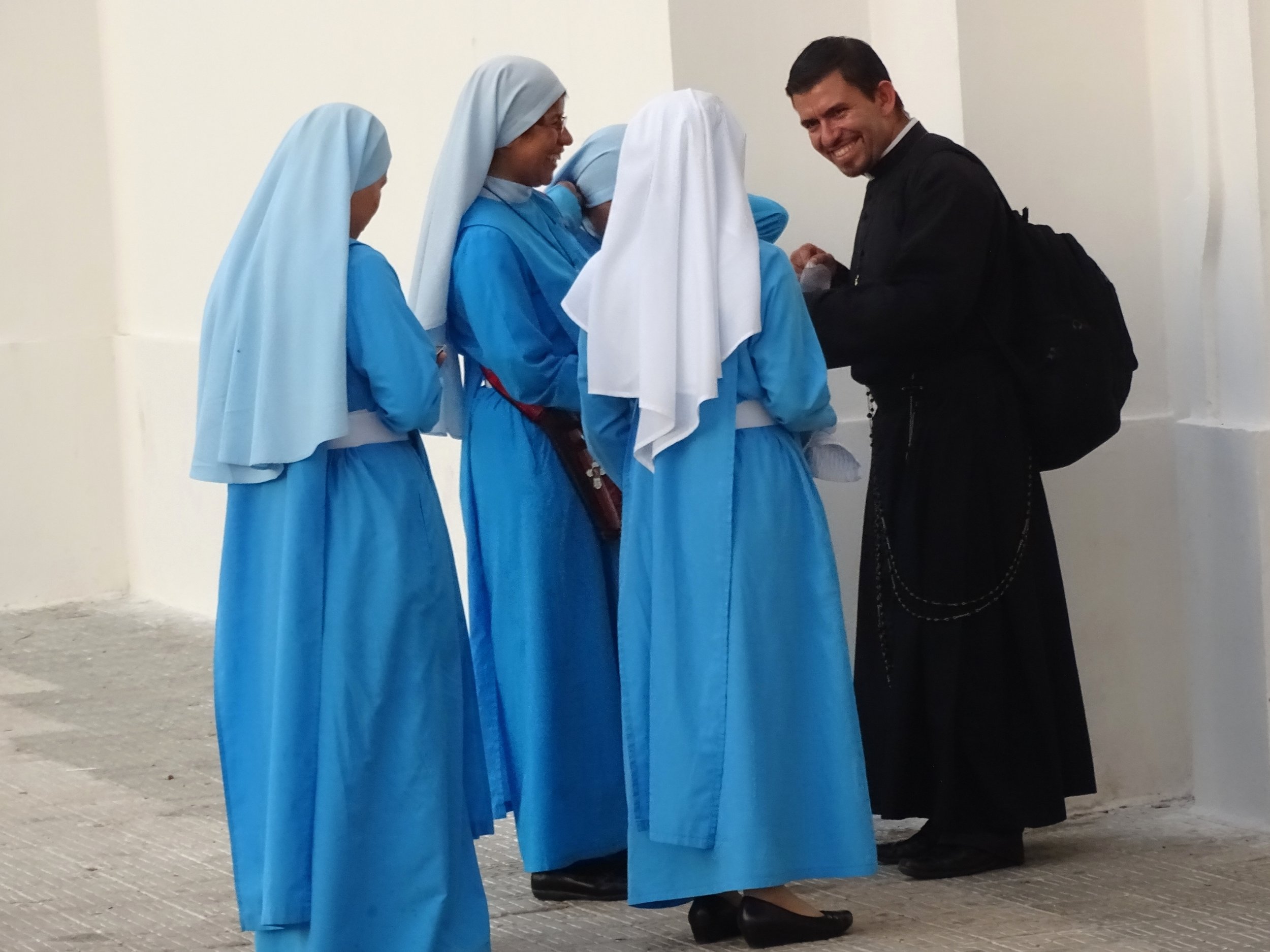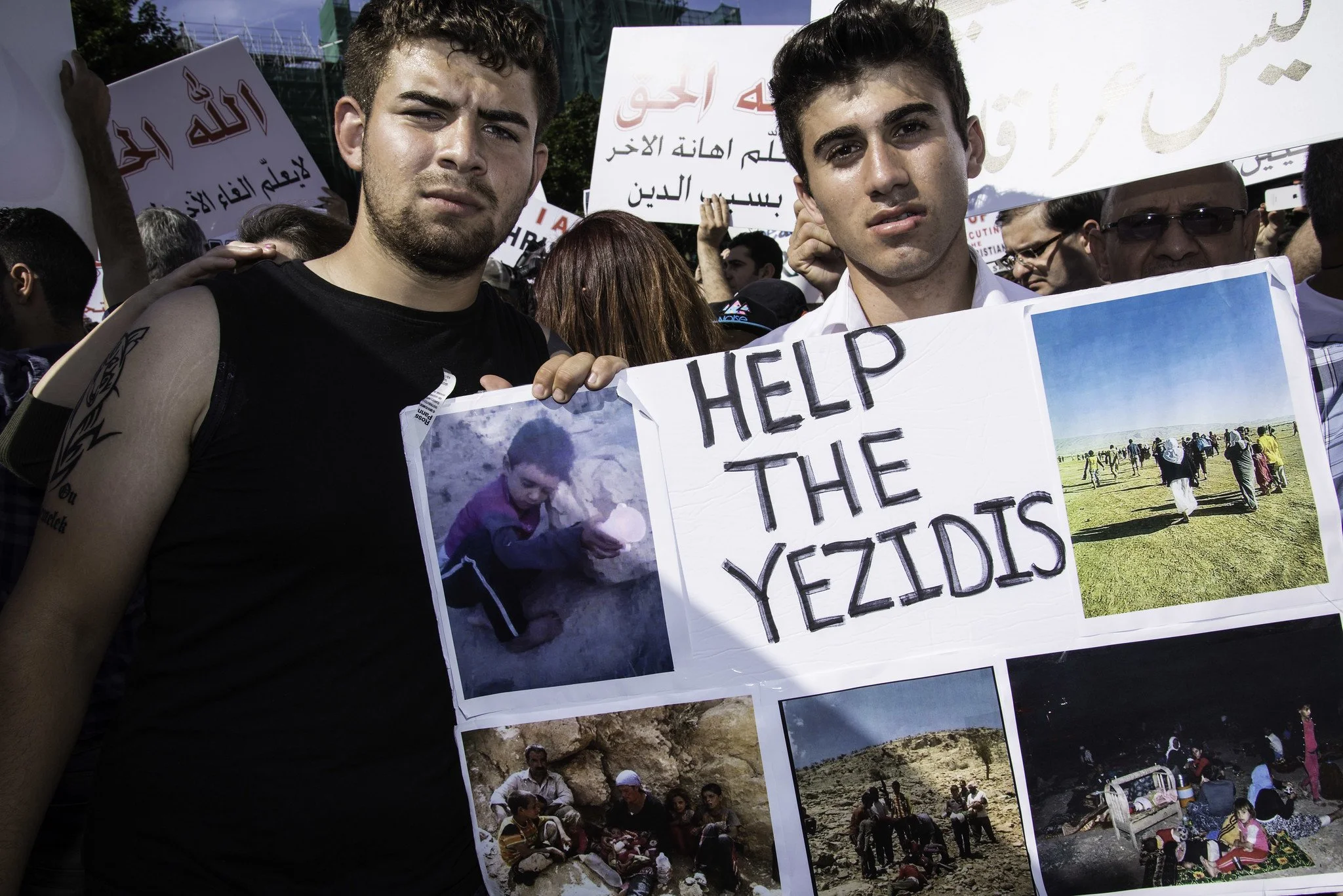(ANALYSIS) July 11, 2025, marks the 30th anniversary of the Srebrenica genocide, the worst atrocity on European soil since World War II. In July 1995, the Bosnian Serb army overran Srebrenica, brutally murdered thousands of men and teenagers, and expelled between 20,000 and 30,000 people (women, children and older persons) from the town.
Read More(ANALYSIS) On Feb. 13, a federal criminal court in Buenos Aires, Argentina, ordered arrest warrants against 25 Myanmar military leaders and officials for their involvement in the crime of genocide and crimes against humanity committed against the Rohingya community.
Read More(ANALYSIS) Freedom of worship is tenuous around the globe. The Pew Research Center’s latest annual report found “high” or “very high” levels of government constraints on religion in 59 of the 198 countries and territories it analyzed – a new record. When Pew began releasing reports on the issue in 2007, just 40 countries’ restrictions on religion were classified that way.
Read More(OPINION) Some of historian Tom Holland’s insights are surprising, including his contention that modern developments — including the transgender rights movement and a recent spike in atheism — probably wouldn’t exist were it not for the West’s Christian philosophical and moral foundations.
Read MoreThe United States Department of Justice filed a complaint against the city of Brunswick, Georgia, on Dec. 16 because of the city’s actions to close The Well ministry to homeless persons. The Well is a faith-based ministry operated by FaithWorks, an organization of the South Georgia Conference of the United Methodist Church.
Read MoreAn Ohio judge has issued a preliminary injunction against Dad’s Place and its pastor Chris Avell, preventing the church from using its first floor to shelter homeless people, even as temperatures are expected to plummet later this week.
Read MoreRussian authorities have arrested a pastor for preaching that Christians should not fight in the invasion against Ukraine “on the basis of Holy Scripture,” according to a recent report from a Norwegian human rights organization.
Read More(ANALYSIS) Some 79 countries around the world continue to enforce blasphemy laws. And in places such as Afghanistan, Brunei, Iran, Nigeria, Pakistan and Saudi Arabia, violation of these measures can result in a death penalty. While the U.S. is not among those countries, it also has a long history of blasphemy laws.
Read More(ANALYSIS) I have studied the complex and ever-evolving role of religion in American politics. I argue that this election year, while the Christian character of each candidate is discussed everywhere, religious freedom, one of the core freedoms of American democracy, is not.
Read More(ANALYSIS) Over the past few months, Texas Attorney General Ken Paxton has been locked in a court battle with Annunciation House, a network of shelters in the El Paso area that assists migrants with basic needs and legal aid. On July 2, district court Judge Francisco Dominguez issued a ruling denying Paxton’s attempt to shut down Annunciation House. Paxton appealed two weeks later.
Read More(ANALYSIS) On July 11, 2024, the Argentine Federal Court of Criminal Cassation handed down its decision in a case concerning the issue of Uyghur genocide ordering the prosecutor to open an investigation. The decision follows a criminal complaint setting out the international crimes committed against the Uyghur and other Turkic people in Xinjiang, China, and the identity of those most responsible for these crimes.
Read More(ANALYSIS) Between 2006 and 2008, Nepal transitioned from a Hindu monarchy to a secular democracy. It dissolved its monarchy completely, and the former king left the palace in June 2008. He has been living ever since as a private citizen. What had religious kingship looked like in Nepal? Why was it ended — and why do some people want it back?
Read More(ANALYSIS) Two of the Founding Fathers shaped American views on religious freedom and the separation of church and state more than any other: Jefferson and James Madison. Yet their views have also become lightning rods for controversy as the “wall” between church and state comes under scrutiny.
Read More(ANALYSIS) The 2024 Summer Olympics in Paris have sparked a discussion about whether female Muslim athletes who wear a headscarf should be allowed to compete. While the International Olympic Committee announced that athletes participating in the Paris Games can wear a hijab without any restriction, French athletes will be barred from wearing a hijab.
Read More(OPINION) What did the Founding Fathers really believe about the role of religion in America? When Franklin, Washington, Adams, Jefferson and Madison appeared, they were trying to figure out what they believed personally about God even as they debated religion’s role in a fledgling nation. These guys didn’t fit into our 21st century boxes.
Read More(OPINION) Modi and former President Donald Trump are hyper-nationalists and Islamophobes. Both push fear-driven campaigns based on historical grievances and aversion to foreign religions and ethnicities. A militant Hindu monk has been elected to lead India’s largest state, and he is rabidly anti-Muslim.
Read More(ANALYSIS) The #WithoutJustCause campaign, highlighting the fates of a broad range of political prisoners including faith leaders, civic activists, businesspeople and former government officials, aims to shine the light on their stories, raise awareness and increase pressure to secure their release.
Read More(ANALYSIS) Recent months (and years) have seen a crackdown by the Nicaraguan government against religious leaders and institutions. Among others, President Daniel Ortega “ordered the arrest of, forced into exile, and verbally attacked priests and bishops, labeled them ‘criminals’ and ‘coup-plotters,’ and accused them of inciting violence.”
Read More(ANALYSIS) On Dec. 9, the U.N. Convention on the Prevention and Punishment of the Crime of Genocide (the Genocide Convention) marked its 75th anniversary. The Genocide Convention can be praised for being the first international treaty to define genocide, providing a historic commitment to prevent genocide and punish the perpetrators.
Read MoreIn societies where Muslims constitute a minority, the abaya takes on an added layer of significance. Muslim women can use the abaya as a means to connect with their cultural heritage. But it has also drawn criticism.
Read More



















